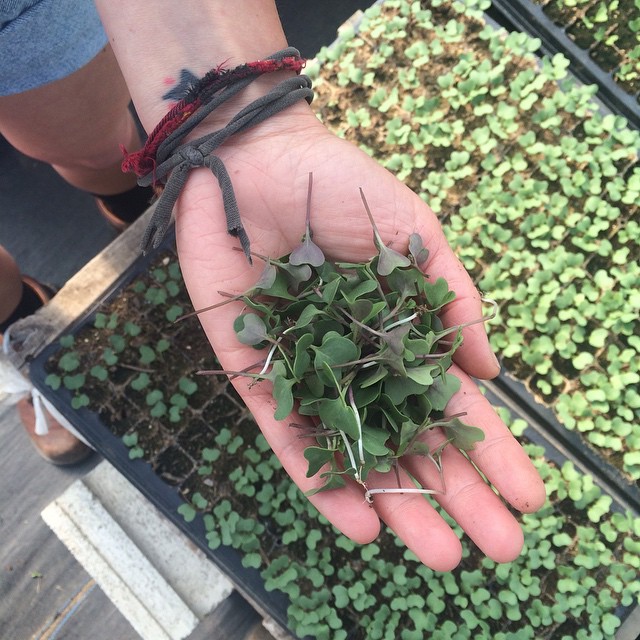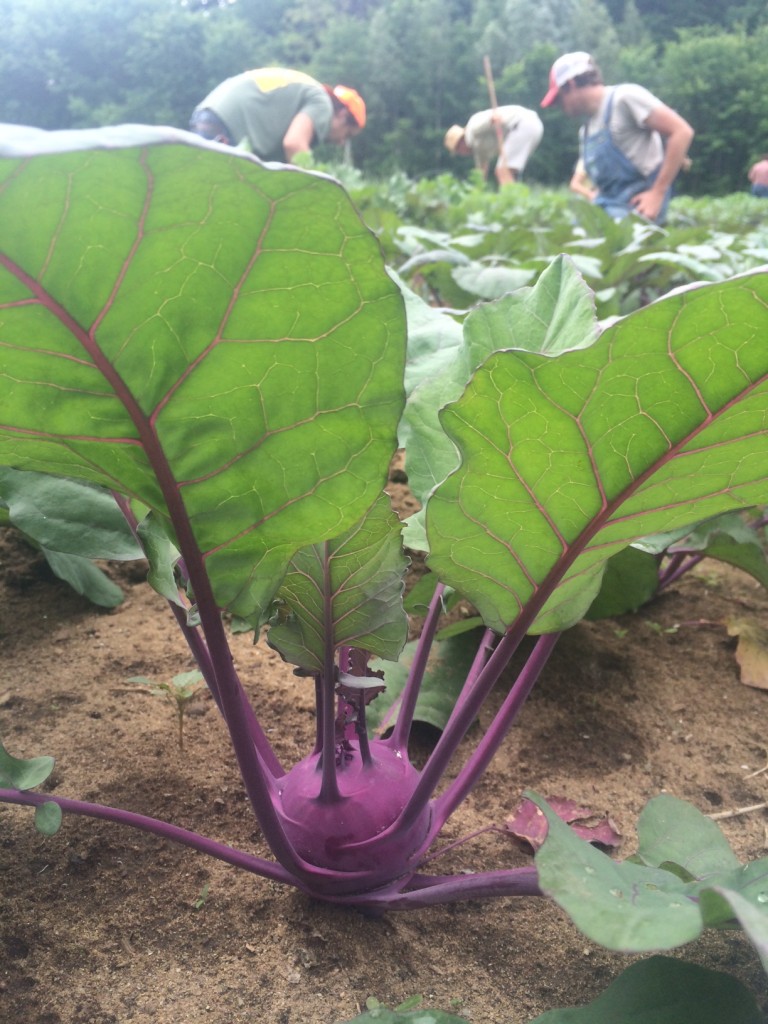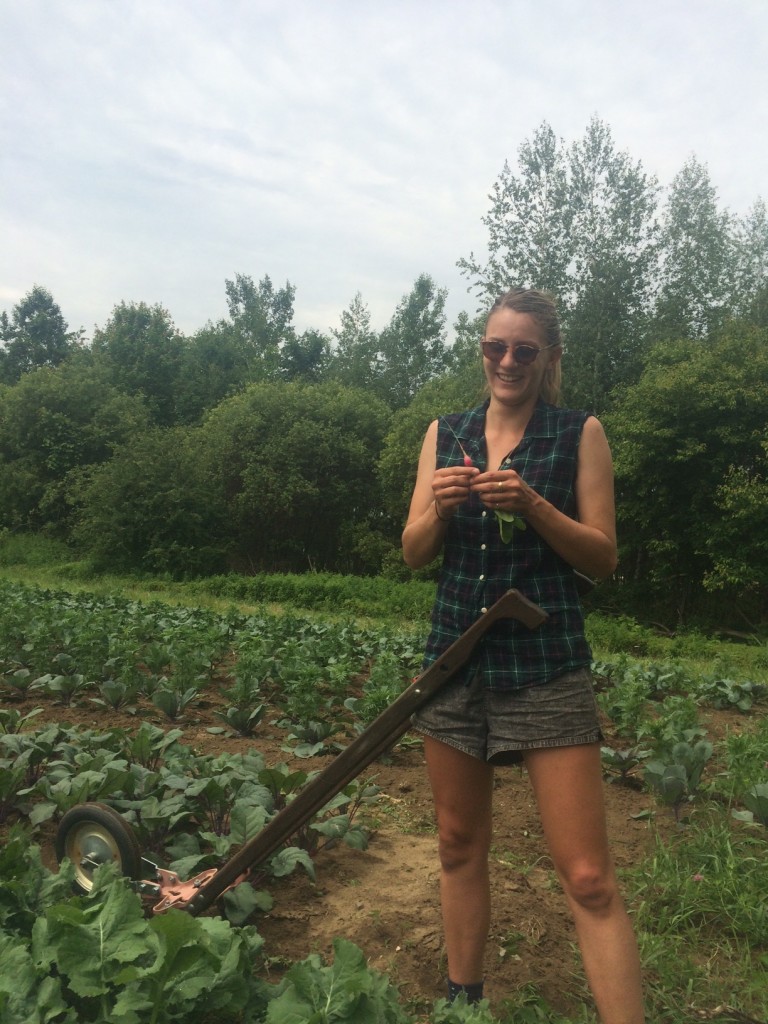The production of food as an industrial commodity does not play by the rules of the free market. Many of the largest agricultural and fishery producers and processors in the United States and Europe receive subsidies that are good for their profit line, but questionable for the environment. In 2014, Olivier de Schutter, the Special Rapporteur for the Right to Food, offered a valuable definition for “the Right to Food” in his report to the UN Human Rights Council. He wrote: “The right to food is the right of every individual, alone or in community with others, to have physical and economic access at all times to sufficient, adequate, and culturally acceptable food that is produced and consumed sustainably, preserving access to food for future generations.”
His definition is ground breaking from a policy perspective because he recognizes that food must be both “produced and consumed sustainably” in order to satisfy the right to food. It is not enough to produce tons of corn, wheat, and beans, with no regard for addressing the environmental costs of existing food production, even though the tons of commodity production may reduce hunger. His report is a declaration that quality of food production matters. Part of achieving high-quality food production means avoiding, or at least mitigating, for environmental impacts. The environmental impacts of existing mass food production are extensive. For example, 30 to 40% of nitrogen fertilizer applied to crop fields seeps into ground or surface water, with losses of 70% on the margin. A 10-year study by the US Geological Survey found pesticides in many of the streams and samples of groundwater within the US, often at concentrations deemed harmful to aquatic life and those who consumed the aquatic life. According to US fisheries data, somewhere around 17 to 22% of the marine fisheries’ catch is discarded back into the sea. Continue reading



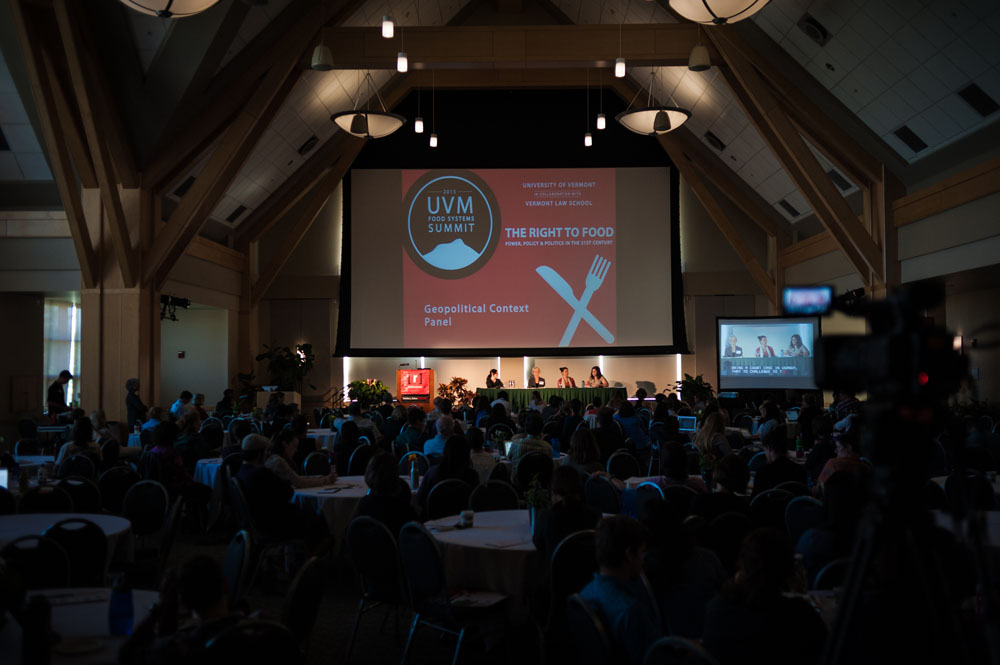
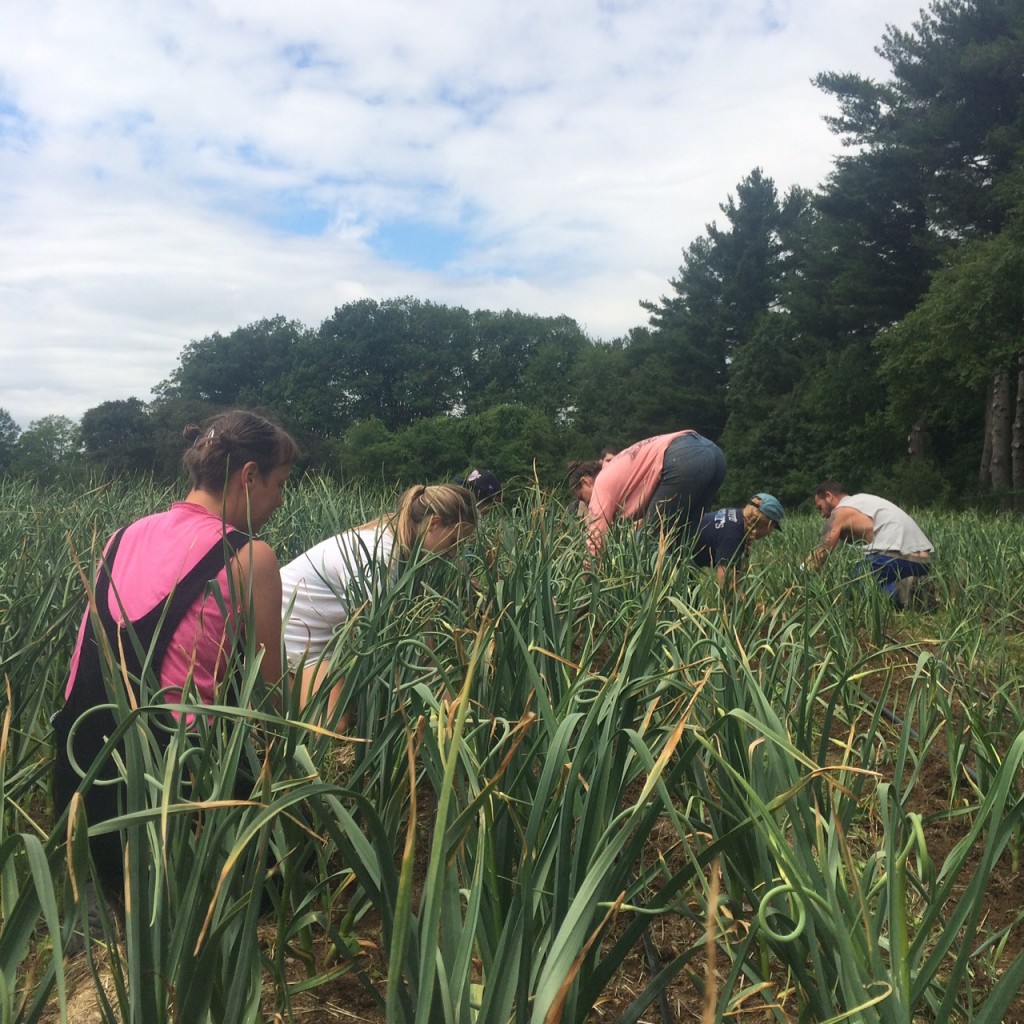
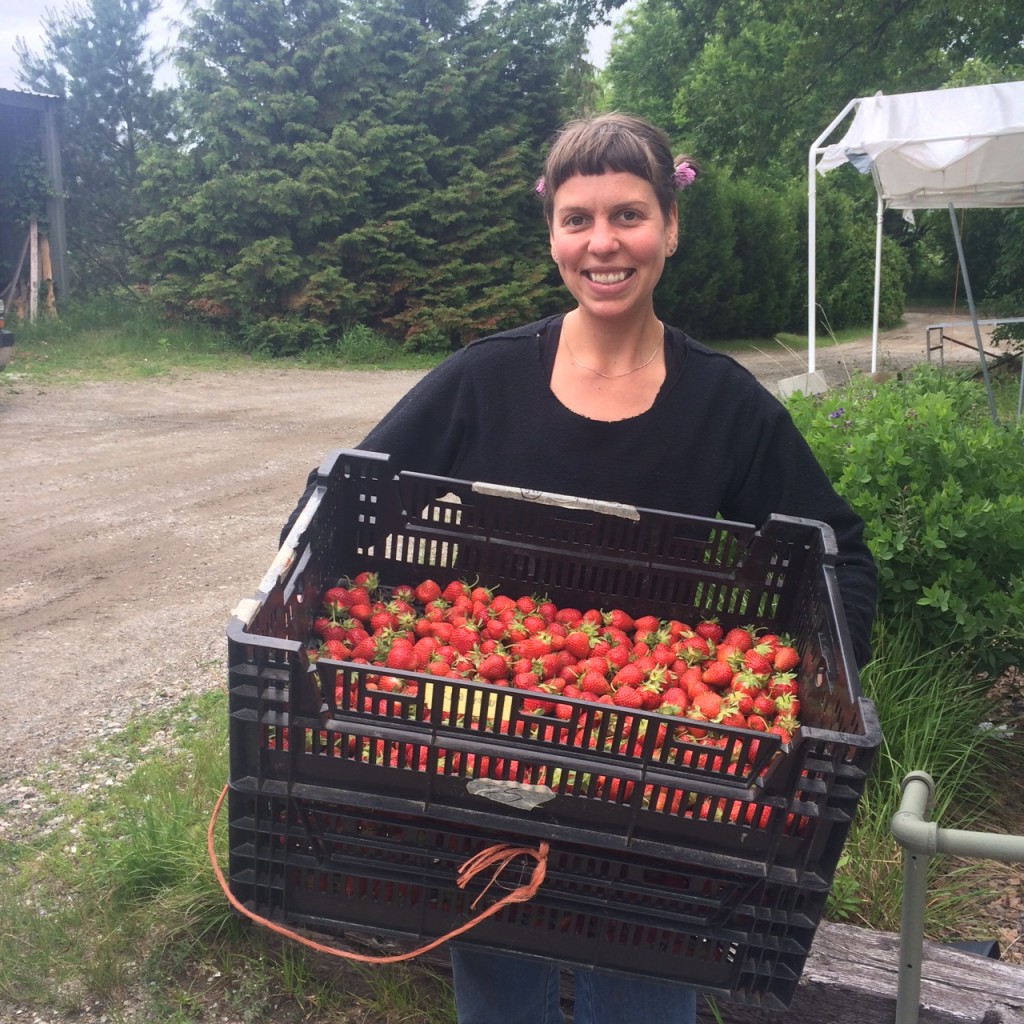
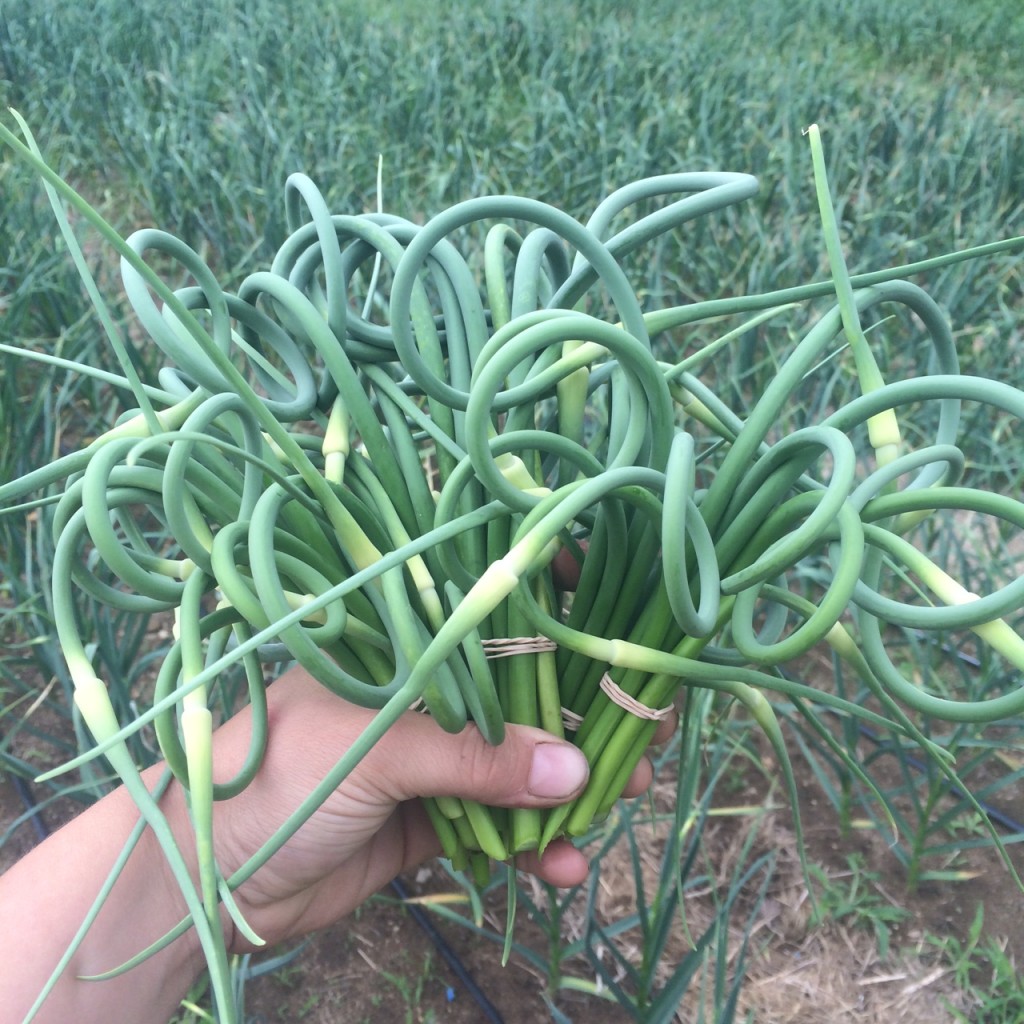
 With just one day to go until the
With just one day to go until the 